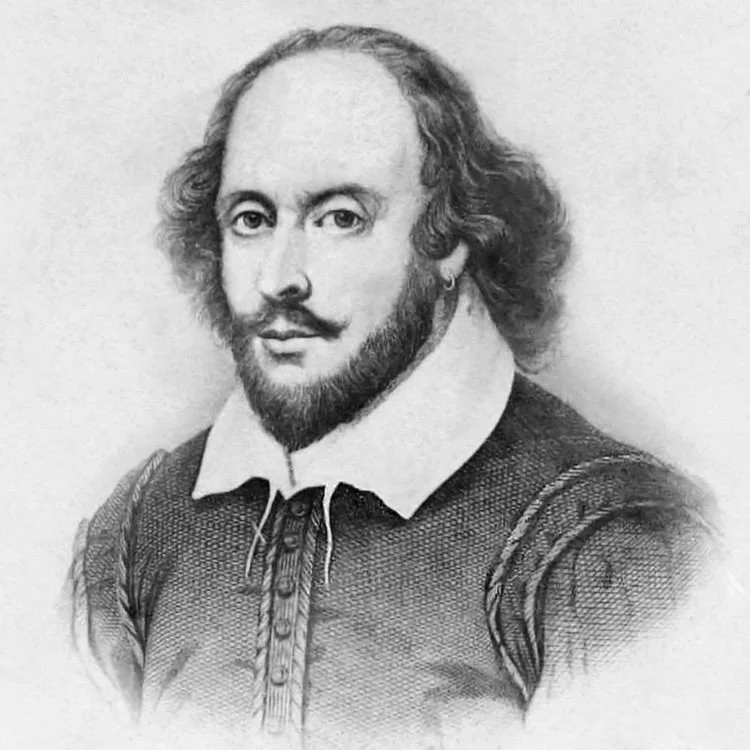what do you know about "song : Go and catch a falling star" by John Donne?
Go and catch a falling star
by John Donne
John Donne's "Go and catch a falling star", first published in 1633, is a fantastic take on a tradition theme: Women's supposedly inevitable infidelity.
In the poem, a speaker tells a listener that he can look the whole world over, but finding a woman who'll be faithful to his is about as unlikely as finding a mermaid or meeting the devil.
The poem's rhyme scheme, relatively steady meter, and clear hyperbole make its tone feel somewhat light-hearted and satirical.
But the speaker also harbor genuine melancholy, bitterness, and cynicism toward women and relationships.
The poem explores a traditional literary theme of Donne's era: Women's romantic infidelity.
Symbols in the poem
*falling star - to catch a falling star is impossible. But the effort to do suggest speaker crushed dreams. The stars symbolizes the purity, hope, wishes, and faithfulness. In Donne's English "falling" also have a sexual connotation.*Night - symbolic of peacefulness.
*Mermaids - Symbol of the attraction and dangers of sex.
themes
*Women - Women are criticized
*status of Elizabethan woman
*impossible possibilities
*man vs. woman
*fantasy vs. reality
*male chauvinism
*metaphorical criticism over women's infidelity
*misogyny - man > woman
*inconsistency of human nature
metaphor
rhyme patters
imagery
hyperbole
abrupt entrance
dramatic monologue
logical / argumentative / radical language
radical structure
metaphysical conceit
juxtaposition (realism and fantasy)
uncommon themes
language (colloquial)




Comments
Post a Comment